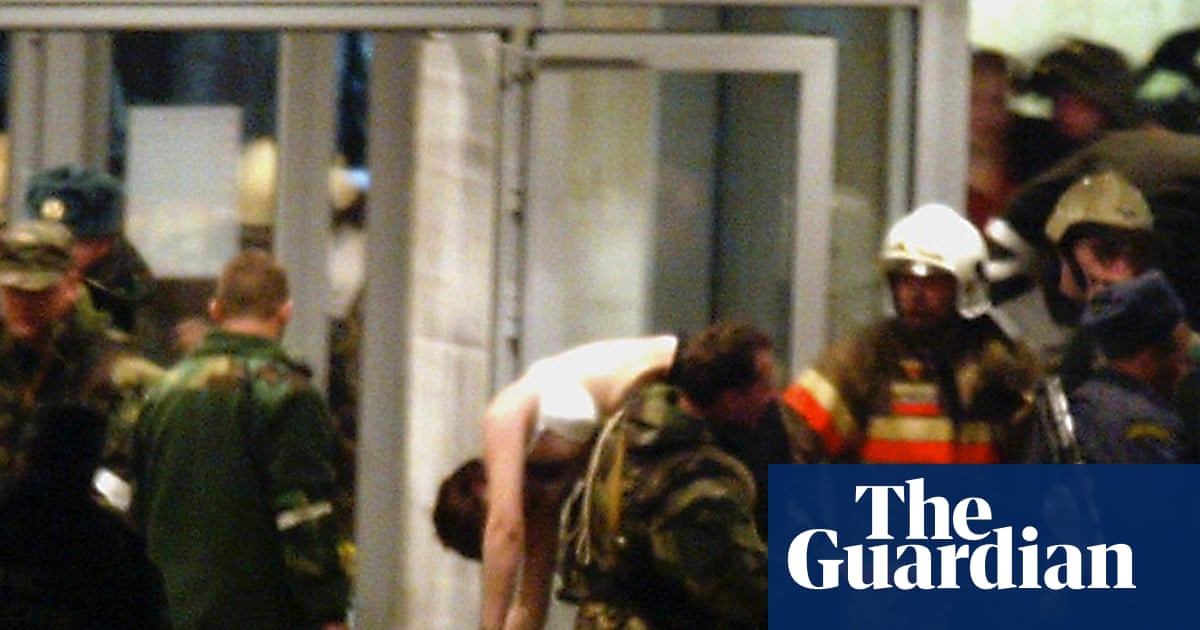
"Sophisticated and deadly brain weapons that can attack or alter human consciousness, perception, memory or behaviour are no longer the stuff of science fiction, two British academics argue. Michael Crowley and Malcolm Dando, of Bradford University, are about to publish a book that they believe should be a wake-up call to the world. They are this weekend travelling to The Hague for a key meeting of states,"
"The book, published by the Royal Society of Chemistry, explores how advances in neuroscience, pharmacology and artificial intelligence are coming together to create a new threat. We are entering an era where the brain itself could become a battlefield, said Crowley. The tools to manipulate the central nervous system to sedate, confuse or even coerce are becoming more precise, more accessible and more attractive to states."
"The book traces the fascinating, if appalling, history of state-sponsored research into central nervous system (CNS)-acting chemicals. During the cold war and after, the US, Soviet Union and China all actively sought to develop CNS-acting weapons, said Crowley. Their purpose was to cause prolonged incapacitation to people, including loss of consciousness or sedation or hallucination or incoherence or paralysis and disorientation."
Advances in neuroscience, pharmacology and artificial intelligence are converging to enable brain-targeting technologies that can alter consciousness, perception, memory and behaviour. Tools to manipulate the central nervous system can sedate, confuse or coerce and are becoming more precise, accessible and attractive to states. During the Cold War and afterwards the US, Soviet Union and China pursued CNS-acting weapons intended to cause prolonged incapacitation, including loss of consciousness and disorientation. A large-scale use occurred in 2002 when Russian forces used fentanyl derivatives to end the Moscow theatre siege, freeing most hostages but causing over 120 deaths and long-term harm to others. Urgent global action is needed to prevent weaponisation.
Read at www.theguardian.com
Unable to calculate read time
Collection
[
|
...
]